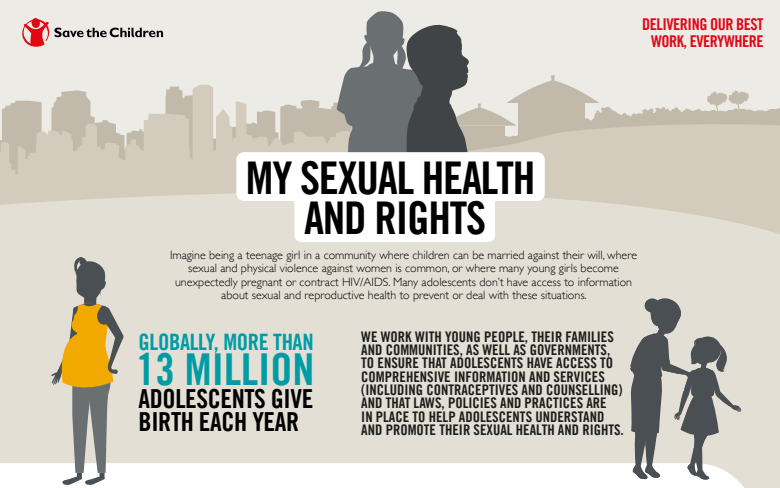What Is Sexual Health?
Sexual health encompasses more than the absence of disease or dysfunction. It involves a state of physical, emotional, mental, and social well-being in relation to sexuality. A healthy sexual life contributes to overall well-being and quality of life.
Why Sexual Education Matters
Many relationship issues stem from a lack of sexual education. Understanding one’s body, the dynamics of intimacy, and the differences between individuals can enhance satisfaction and reduce misunderstandings.
Key Elements of a Healthy Sexual Relationship
- Open Communication: Discussing needs, preferences, and boundaries openly strengthens trust.
- Mutual Respect: Both partners should feel valued and never pressured.Shutterstock+1Freepik+1
- Emotional Connection: Intimacy involves emotional bonding beyond physical closeness.
- Comfort and Timing: Choosing appropriate times and ensuring both partners are comfortable enhances the experience.
Maintaining Sexual Wellness
- Physical Health: Regular exercise and proper nutrition can improve sexual performance and desire.
- Stress Management: Chronic stress negatively affects libido and connection.
- Medical Consultation: Seek medical advice for any concerns or dysfunctions.
- Mindful Media Consumption: Limiting exposure to unrealistic portrayals of intimacy can prevent distorted expectations.
Important Facts to Know
- Libido varies among individuals; there’s no universal “normal” frequency.
- Emotional and mental stimulation often play significant roles in arousal.
- Comprehensive sex education should start early, tailored appropriately to age and maturity.
Final Thoughts
Healthy sexuality is integral to personal well-being and relationship satisfaction. Through respect, understanding, and ongoing communication, individuals can foster fulfilling intimate lives.


